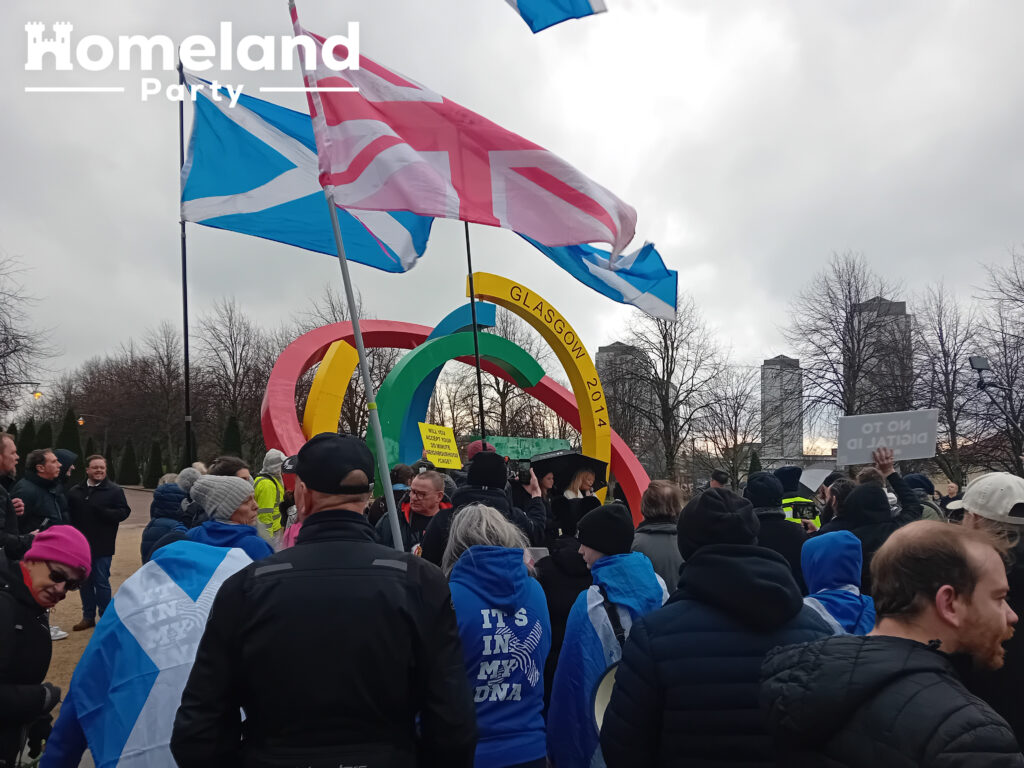
A decade ago, one single act of violence could shake a nation. A shocking murder or an act of terror would dominate headlines for weeks, spawning nationwide reflection and debate. Now, the permacrisis forces us into a permanent state of amnesia.
Throughout my childhood, Moors murderers Ian Brady and Moira Hindley and the Yorkshire Ripper Peter Sutcliffe were all household names decades after they had gone to jail.
Even in the 2000s, we had Soham killer Ian Huntley and teenage killer Luke Mitchell. Then, in the early 2010s, the likes of April Jones’ killer, Mark Bridger.
Killers and victims alike were household names with documentaries made, books written, and endless navel-gazing on where it all went wrong.
Twenty years ago, the aftermath of a major violent crime could command national attention for a month or more. Communities mourned collectively. Politicians made speeches. The media investigated causes and consequences. Now, even the most brutal acts of violence are quickly buried under the next trend, meme, or scandal. The collective shock that once united people in grief or demanded accountability has been replaced by a fleeting digital reaction—an emoji, a hashtag, a repost—and then silence.
Today, those same kinds of crimes often fade from the news cycle within 24-48 hours. Replaced by the next wave of outrage or distraction. Tragedy has become routine. As a society, we have grown disturbingly passé to violence.
The shift is not just about the media’s pace, but our own tolerance for horror. We have come to expect violence as part of the everyday news cycle, and because of that, it has lost its power to stop us in our tracks. Each new tragedy competes for emotional bandwidth in a population already saturated with constant crisis.
The Normalisation of the Unthinkable
Our screens teem with violent imagery—from war zones livestreamed in real time to dramatised violence packaged as entertainment. Television and film glorify revenge and cruelty as spectacle. Even the language we use— “mass shooting,” “domestic terrorism,” “civilian casualties” —has become eerily clinical.
When violence becomes familiar, it stops feeling urgent. We still feel the shock of these events, but where they used to galvanise public empathy, that empathy is now allowed only depending on who the perpetrator is. The shock usually dissipates before anyone can take action, though.
And so, the permacrisis continues.
A man killed his girlfriend, her two kids, and one of the children’s friends in September 2021. Like the Islamist Manchester arena bomber, or the black men who killed Lee Rigby, you won’t remember their names when they should be branded into our memory forever.
We are told “Don’t Look Back in Anger”.
The Attention Economy and the Vanishing Outrage
Social media platforms that shape our perception of the world thrive on speed and novelty. Algorithms don’t reward depth of feeling—they reward engagement. The more we click, the faster the cycle spins. Yesterday’s tragedy must make way for today’s headline, and outrage becomes just another form of entertainment. Even as we mourn, we scroll. The violence remains, but our attention moves on.
Whilst the speed of social media plays a part in all this, wouldn’t the government, MSM, and ruling classes love to put all the blame on “disinformation” originating from X? However, our rulers themselves are massively complicit.
They are the ones who decide which cases get the headlines and which are churned through in a few days.
They would have loved for us to believe that the “Welsh choir boy” who was responsible for the Southport massacre was just that.
The only reason it was in the news for an uncharacteristically long time was because of the events that followed.
Even as I write this, a “British National” has just hacked his way through a train car in Huntingdon, Cambridgeshire. A straightforward linguistic manipulation tactic since the alleged suspect in the attacks has foreign ancestry (Afro-Caribbean).
They don’t want you to know the ethnic or religious background of these perpetrators. Knowledge of such things would result in the “Diversity is our strength” and “Multiculturalism is wonderful” rhetoric crumbling to dust.
Diversity is their sacred cow, after all.


